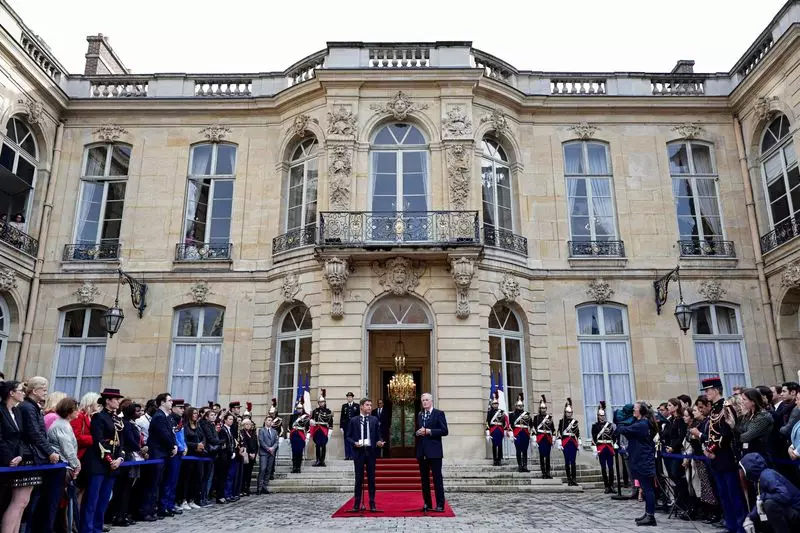France finds itself in a precarious financial situation as the country has requested an extension from the European Commission beyond the initial September 20 deadline to submit a plan to reduce its public deficit. The finance ministry has stated that this extension is necessary to align with Paris’ 2025 draft budget, as reported by La Tribune du Dimanche. This request underscores the urgency and complexity of France’s economic challenges, with potential repercussions for both the domestic economy and its standing within the European Union.
The looming financial crisis in France is attributed to the unexpected increase in the budget deficit, which poses a threat for the current year and the following year. The finance ministry has highlighted the need for additional savings to avoid a further deterioration of the country’s finances. With France already under EU disciplinary proceedings, the pressure is mounting on the incoming Prime Minister Michel Barnier to navigate through this crisis and restore stability to the economy.
As Prime Minister Michel Barnier grapples with the task of forming a new government and preparing a budget by October 1, he is confronted with a range of challenges. The possibility of a parliamentary vote of no-confidence adds another layer of complexity to an already delicate situation. The decision-making process for the new government will involve tough choices between reducing spending, raising taxes, or risking credibility with EU partners and financial markets.
Michel Barnier, a seasoned conservative politician and former Brexit negotiator for the EU, faces the daunting task of restoring order to France’s finances. Despite his appointment as Prime Minister, Barnier remains pragmatic about the challenges ahead, emphasizing the importance of fiscal discipline and mindful decision-making. As he engages in consultations and government formation, the threat of a potential no-confidence vote looms large, requiring strategic maneuvering to secure the support needed for governance.
The political landscape in France is further complicated by the presence of diverse political blocs, including the leftist New Popular Front (NFP) alliance and the far-right National Rally (RN). With a combined majority in parliament, these groups hold significant influence over the fate of the new government. The RN, in particular, emerges as a key player in the decision-making process, setting conditions for its support and signaling its readiness to wield power in shaping policy outcomes.
Marine Le Pen, leader of the National Rally, has issued a warning to Prime Minister Barnier, emphasizing the need to prioritize the interests of the electorate. With a firm stance on holding the government accountable for its actions, Le Pen underlines the potential consequences of neglecting the concerns of French citizens. Her party’s willingness to exercise its political leverage underscores the fragile balance of power in French politics and the need for strategic governance in the face of economic uncertainty.

